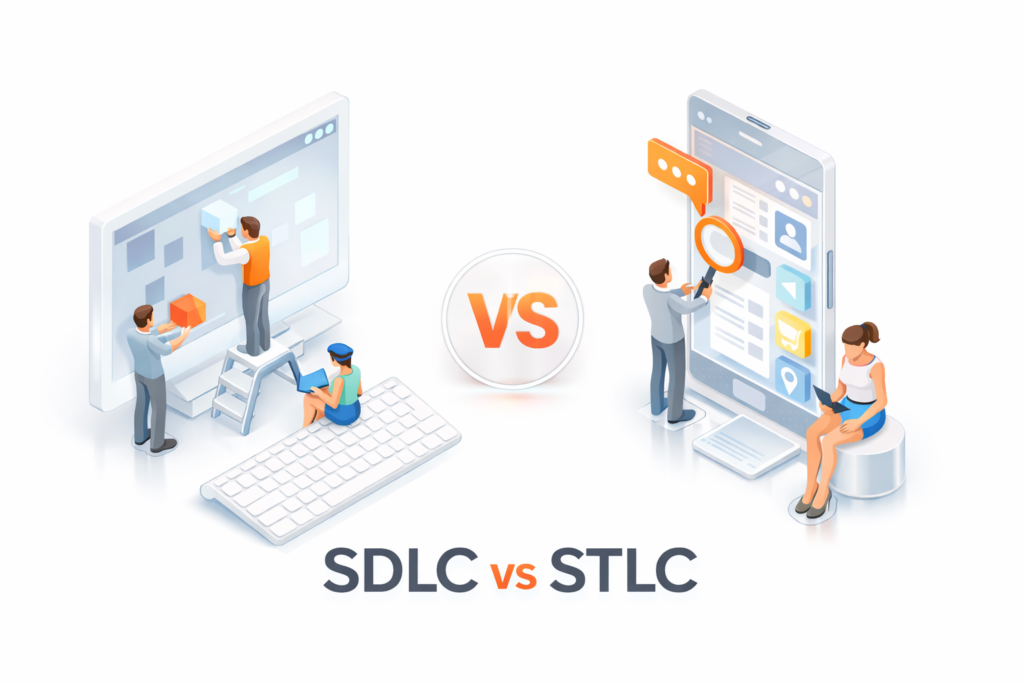Integration testing is a type of testing that is conducted in order to discover the defects in interfaces and in the interactions between integrated components or systems.
Problems It Will Solve
It minimizes the risks of defects in the operation of cross-cutting business processes in the system during its interaction with other systems, or during an integration of several subsystems/modules into a united system.
Deliverables
- The final report includes the following:
- Information about the level of functional accuracy of the developed product obtained as a result of integration corresponding to the requirements specified in the documentation
- Information about the number of defects in the operation of the system’s cross-cutting business processes or modules and their severity
- A list of defects with a description of the problem and methods for its reproduction
- Integration testing methodology (MS Word)
- Testing scenarios (MS Word)
- Testing requirements (MS Word)
- Test data for conducting tests in accordance with the scenarios (MS Word)
- Test protocols (format of specialized tool)
The Scope of Work
- Analyzing business processes
- Testing methodology development and coordination with the customer
- Implementing the test process management system
- Testing requirements’ development
- Testing scenarios’ development and preparation of a test data set
- Testing model coordination with the customer
- Testing model coordination with the customer
- Launching the first iteration of manual testing
- Launching a follow-up iteration after the defects are corrected by the developer
- Report
Service Quality Criteria
- The completion of the project within the timeframe specified by the contract with a test environment availability of no less than 95%.
- The number of bugs and defects in the system after the release has been installed in the production environment.
- The number of duplicates or incorrectly entered defects in the test process management system.
Tools and Licences
- HP ALM (HP Application Lifecycle Management, HP Quality center)
- TFS (Team Foundation Server)
- TestLink + JIRA
- TestLink + Readmine



